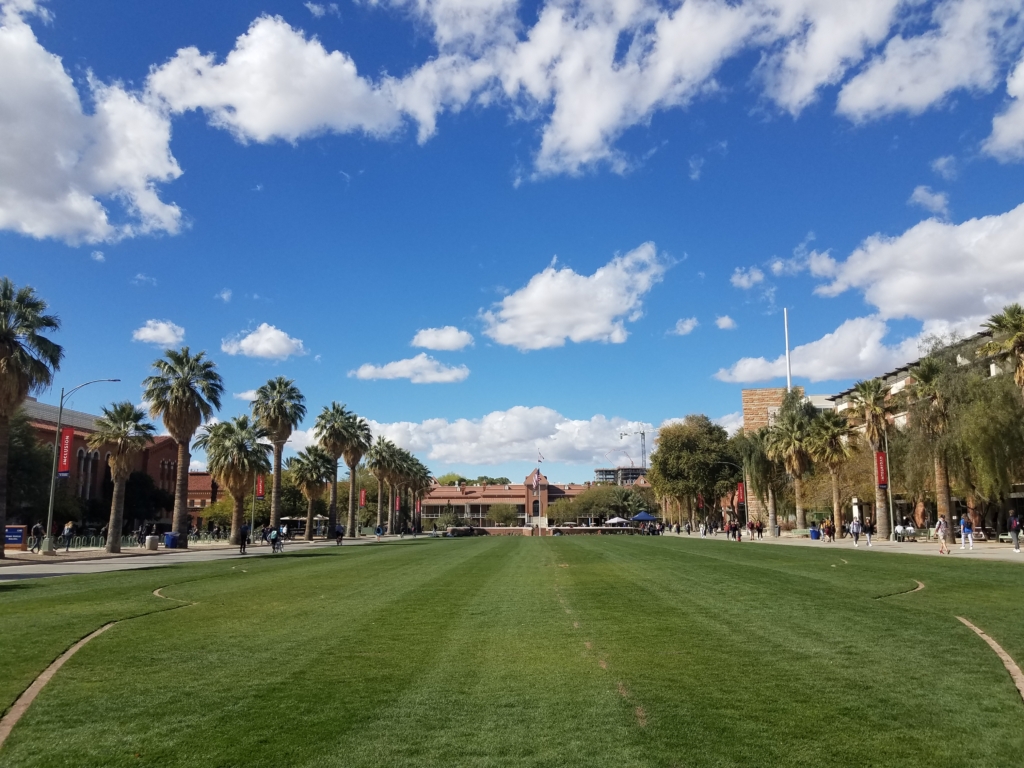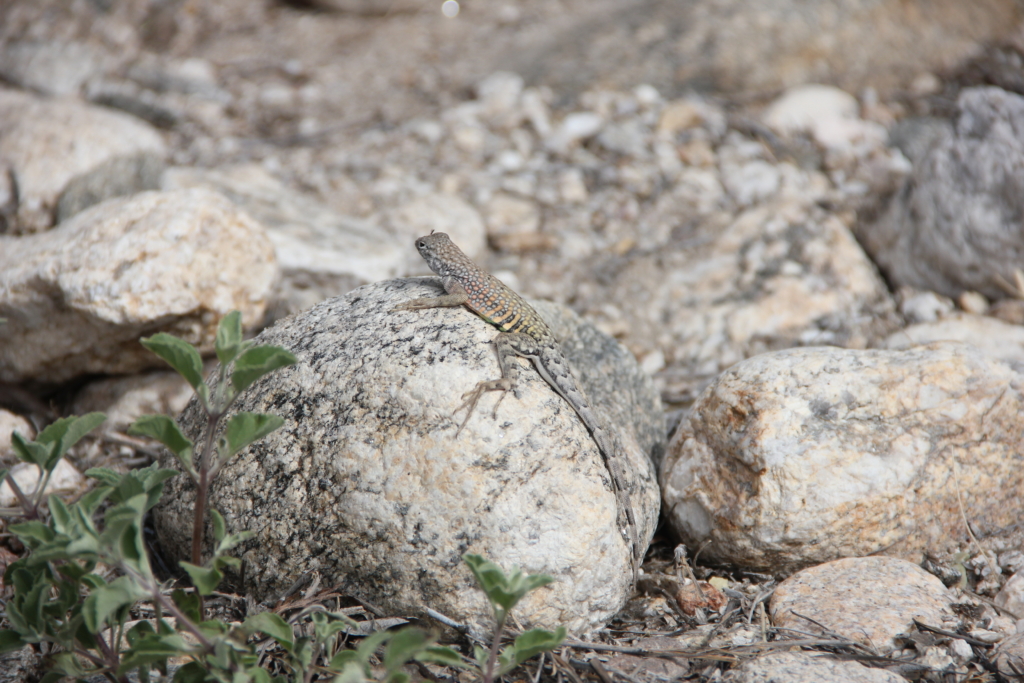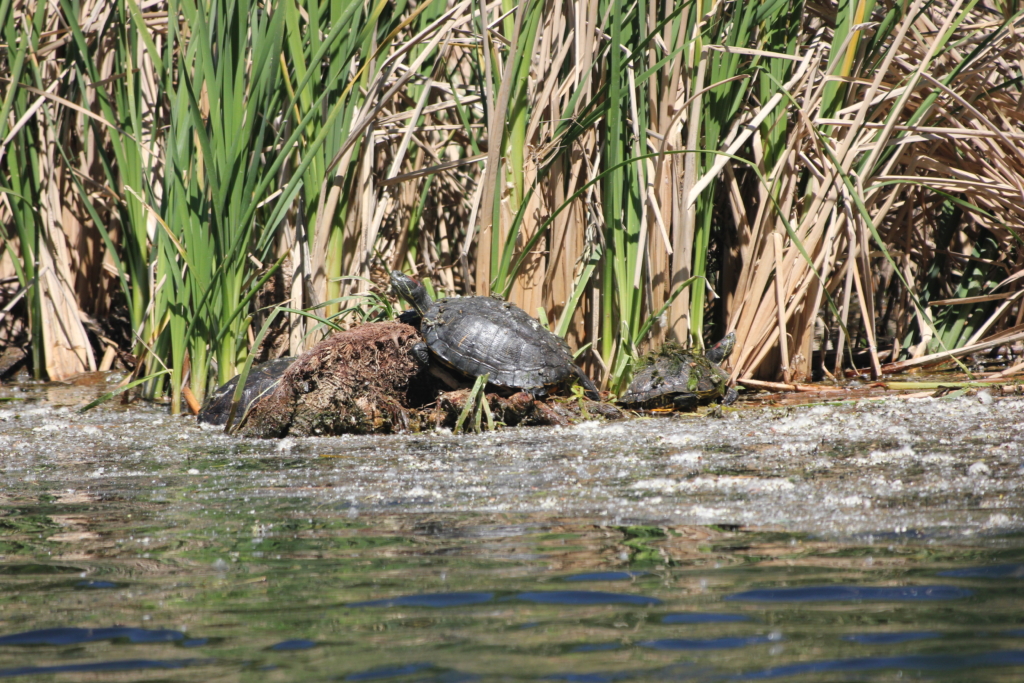
The advice laid out here to build a strong CV in natural resources is adapted from a lecture by Dr. John Koprowski, a former professor at my undergraduate institution. You may find some things here that differ from the usual, generic advice given for a CV. Everything may be summed up as follows: don’t sell yourself short! Don’t assume everyone knows what you do, because often, they don’t!

A couple general points: gain as much experience as possible through courses, clubs, and volunteering. Stay in touch with faculty and supervisors, ask for letters when needed, and share with them a copy of your CV. Capitalize on your training. Always be an enthusiastic team player from the start, and be professional in your contacts. This is especially true under challenging circumstances, such as in the field. Importantly, keep your CV active (ex. during summers).

Now for some specifics of what to put on a CV for folks majoring in natural resources; this list is not exhaustive.
– Personal information: contact info, links to relevant profiles (ResearchGate, LinkedIn, personal website, etc.), dual citizenships
– Education/training: degree names, institutions, dates attended
– Honors/awards: scholarships, recognitions
– Professional societies: join at least two, and take part in their student chapters at your institution
– Work experience: paid and volunteer, be smart and specific with the descriptions
– Relevant coursework: some might discourage adding this, though, because transcripts are available upon request
– Presentations: oral and poster presentations, include authors, name of presentation, date, conference, location
– Publications:
– Scholarly research: give the citation (ex. APA style)
– Other publications: newspaper and newsletter articles you’ve written, include authors, name of article, date, where it was published
– Skills/certifications:
– Computer competencies: OS, software, statistics, website building, GIS, etc.
– Driving: driver’s license, 4WD, standard transmission, etc.
– Languages
– International experience
– Field skills: VHF telemetry, netgun, live capture, plant ID, etc.
– Basic backcountry experience: hiking, camping, etc.
– CPR/first responder
– Vaccines/safety-related
– Animal care or research certification (ex. IACUC)
– Soft skills: time management, adaptability, teamwork, leadership, etc.
Quick note: publications and presentations often have multiple authors. Write your name in bold so folks can easily find you (leading author, second author, etc.).